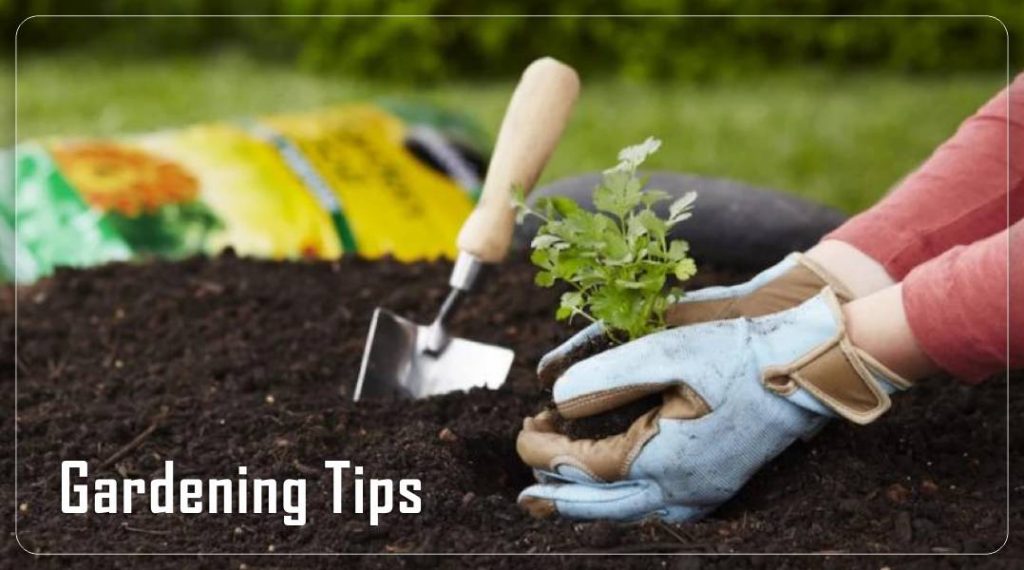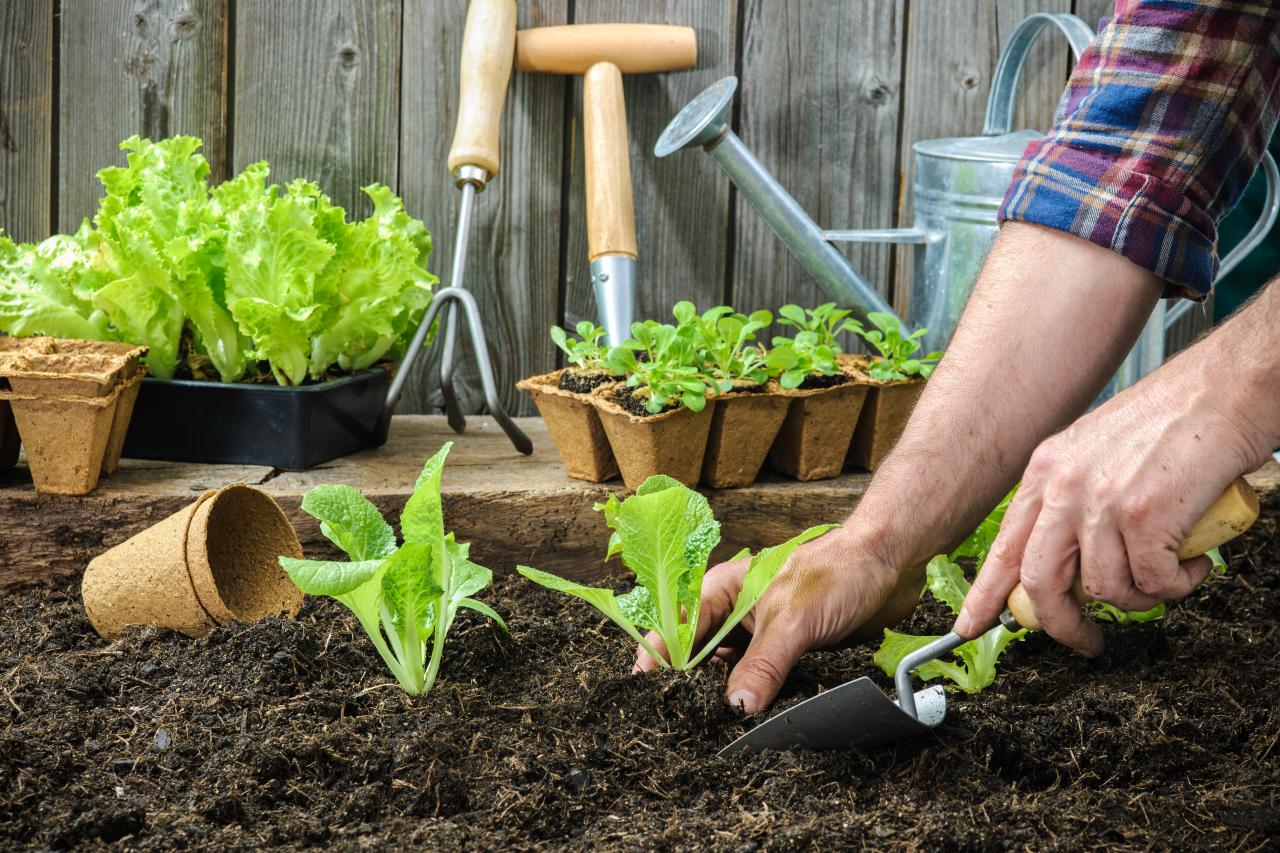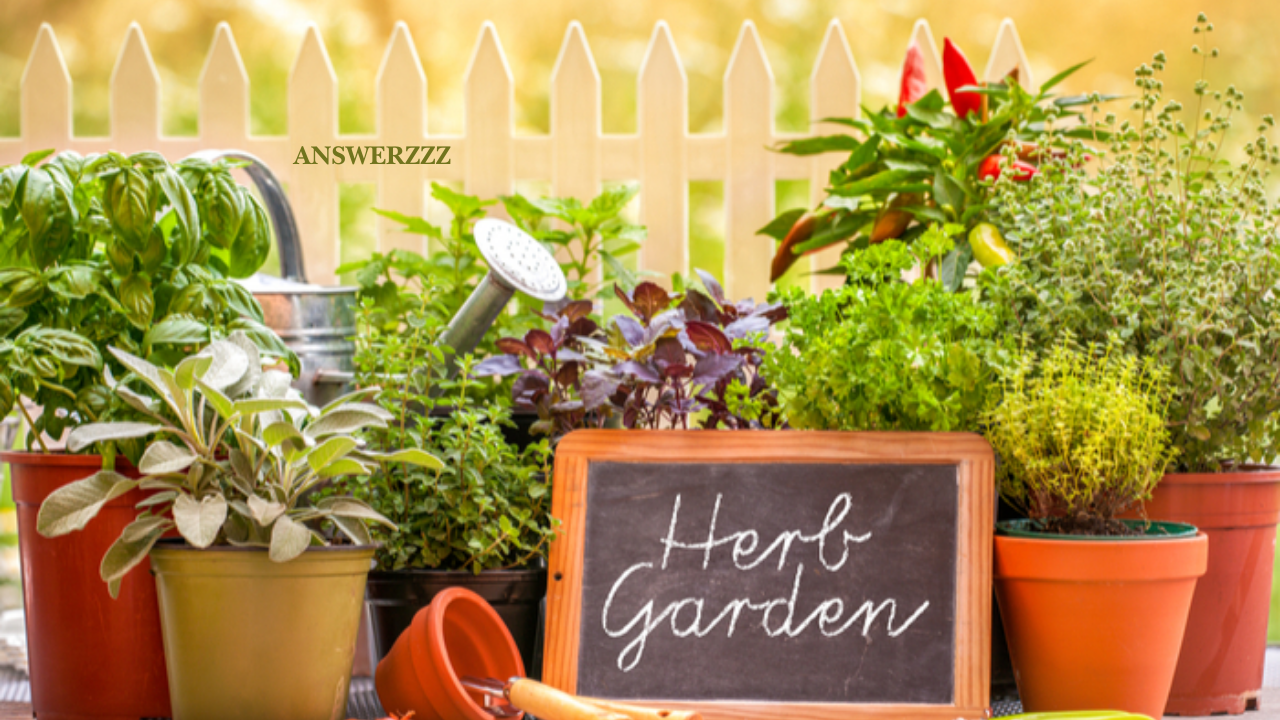In 2025, the trend of growing your food is on the rise, as more people are becoming aware of the benefits of fresh, home-grown produce. Gardening is no longer just a hobby for retirees; it’s a rewarding and practical way for people of all ages to connect with nature, reduce grocery costs, and ensure they have access to organic, pesticide-free food. Whether you have a large backyard or a small apartment balcony, you can start your garden and enjoy the fruits (and vegetables) of your labour. This comprehensive guide will provide beginners with essential gardening tips to kickstart their journey in 2025.
1. Understand the Basics of Gardening

Before diving into gardening, it’s essential to understand the basic principles. Gardening involves planting seeds, nurturing plants, and harvesting produce. While it may sound simple, success requires patience, planning, and a bit of trial and error. Here are some key gardening basics:
- Climate and Weather: Know your local climate and how it affects the plants you choose. Certain crops thrive in cooler weather, while others prefer the heat.
- Soil Health: Good soil is the foundation of a successful garden. Understanding soil types and their nutrients is critical for healthy plant growth.
- Sunlight Needs: Most edible plants require at least 6-8 hours of direct sunlight each day. Assess your space to determine where sunlight is abundant.
2. Choose the Right Location for Your Garden
The location of your garden plays a crucial role in its success. For beginners, choosing the right spot involves:
- Sunlight: Select a spot that receives plenty of sunlight, as most vegetables need full sun to grow well. If you have limited space or live in an apartment, consider using a sunny windowsill or balcony.
- Accessibility: Make sure your garden is easily accessible for regular watering, weeding, and harvesting.
- Protection from Wind: Plants can be damaged by strong winds. If your area is windy, use barriers like fences or plant wind-resistant shrubs around your garden.
3. Start Small and Choose Easy-to-Grow Plants
When starting your first garden, it’s easy to get overwhelmed. Instead of planting too many different crops, start small with a few easy-to-grow plants. This will help you gain confidence and learn the basics without feeling discouraged. Here are some beginner-friendly plants:
- Tomatoes: These are versatile and grow well in pots or garden beds.
- Lettuce: Lettuce grows quickly and can be harvested multiple times throughout the season.
- Herbs (Basil, Mint, Parsley): Herbs are low-maintenance and can be grown indoors or outdoors.
- Radishes: Radishes mature quickly, giving you a rewarding harvest in just a few weeks.
4. Prepare the Soil for Planting
Soil preparation is one of the most important steps in gardening. Healthy soil leads to healthy plants. Here’s how to prepare your soil:
- Test the Soil: Use a soil test kit to check the pH and nutrient levels. Most vegetables prefer a slightly acidic to neutral pH (6.0-7.0).
- Amend the Soil: Add organic compost or manure to improve soil structure and fertility. This will enhance water retention and provide essential nutrients.
- Loosen the Soil: Break up compacted soil to ensure proper drainage and aeration. This will allow roots to grow more freely.
5. Understand the Importance of Composting

Composting is a natural process that turns kitchen scraps and garden waste into rich, organic fertilizers. In 2025, composting will become even more accessible with new, user-friendly composting systems available for homes and apartments. The benefits of composting include:
- Reduced Waste: Composting helps reduce the amount of waste sent to landfills.
- Improved Soil Health: Compost enriches the soil, boosting its nutrient content.
- Natural Fertilizer: It provides a natural alternative to chemical fertilizers, promoting healthier, organic produce.
Start a compost bin with items like vegetable scraps, coffee grounds, eggshells, and yard waste. Avoid adding meat, dairy, or oily foods to your compost, as they can attract pests.
6. Learn the Art of Seed Starting
Growing plants from seeds can be incredibly rewarding. Here are some tips for beginners:
- Use Seed Starting Trays: These are designed to give seeds the perfect environment for germination.
- Follow the Instructions: Each plant has different needs, so check the seed packet for information on depth, spacing, and germination time.
- Keep Seeds Warm and Moist: Seeds need warmth and moisture to sprout. Place the trays in a warm spot and cover them lightly with plastic wrap to retain moisture.
For beginners, it’s often easier to start with seedlings (young plants) instead of seeds, as they require less initial care.
7. Master Watering Techniques
Smart Home Tips for 2025: Make Your Home Efficient and High-Tech
Watering is a critical aspect of gardening that beginners often struggle with. Too much or too little water can harm your plants. Here are some tips:
- Water Consistently: Establish a regular watering schedule. Most plants need about 1 inch of water per week, either from rainfall or manual watering.
- Check the Soil: Before watering, check the soil moisture. If the top 2 inches of soil are dry, it’s time to water.
- Water in the Morning: Watering in the early morning reduces evaporation and gives plants time to absorb moisture before the heat of the day.
8. Use Companion Planting Techniques
Companion planting involves growing different plants together to benefit each other. It’s an excellent strategy for beginners because it can help improve yield, reduce pests, and enhance the flavour of your produce. Here are some popular companion plants:
- Tomatoes and Basil: Basil helps repel pests that commonly attack tomatoes.
- Carrots and Onions: The strong smell of onions deters pests from eating carrots.
- Beans and Corn: Beans fix nitrogen in the soil, which benefits the nutrient-hungry corn.
9. Control Pests Naturally

Dealing with pests is a common challenge for gardeners, but in 2025, there are many eco-friendly ways to protect your plants without resorting to harmful chemicals:
- Use Neem Oil: Neem oil is a natural insecticide that repels many common garden pests.
- Introduce Beneficial Insects: Ladybugs, bees, and lacewings are excellent for controlling pests like aphids.
- Create Physical Barriers: Use row covers or netting to keep pests like caterpillars and birds away from your plants.
10. Regularly Harvest Your Produce
One of the joys of gardening is harvesting your fresh produce. Regular harvesting encourages plants to produce more and prevents overripe vegetables from attracting pests. Here’s how to maximize your harvest:
- Pick Vegetables When Ripe: Most vegetables taste best when picked at their peak ripeness. Check the plant tags or seed packets for specific harvesting instructions.
- Harvest Early in the Day: Harvesting in the morning helps preserve the flavour and texture of your produce.
- Store Properly: Store your harvested produce in a cool, dry place or refrigerate it to maintain freshness.
11. Embrace Technology and Smart Gardening Tools
In 2025, gardening has been revolutionized by technology. From smart irrigation systems to plant care apps, there are many tools available to help beginners:
- Smart Irrigation Systems: These systems automatically adjust watering based on weather conditions, saving water and reducing manual effort.
- Plant Care Apps: Use apps that provide information on plant care, watering schedules, and pest identification.
- Vertical Gardening Kits: For small spaces, vertical gardening systems allow you to grow more plants in less space using smart, stackable planters.
12. Be Patient and Learn from Mistakes
Gardening is a process of learning and experimentation. As a beginner, you may encounter setbacks like poor growth, pest infestations, or crop failures. However, don’t get discouraged—each mistake is an opportunity to learn and improve your skills. Keep a gardening journal to track your progress, note what works well, and identify areas for improvement.
Starting a garden in 2025 is an exciting and rewarding endeavour. Whether you’re growing food to save money, eat healthier, or reduce your carbon footprint, following these tips will set you up for success. Remember, gardening is as much about the journey as it is about the harvest. With patience, practice, and a willingness to learn, you can enjoy fresh, home-grown produce and the satisfaction of cultivating your food. So grab your tools, get your hands dirty, and start planting today! Your future self—and your taste buds—will thank you.




